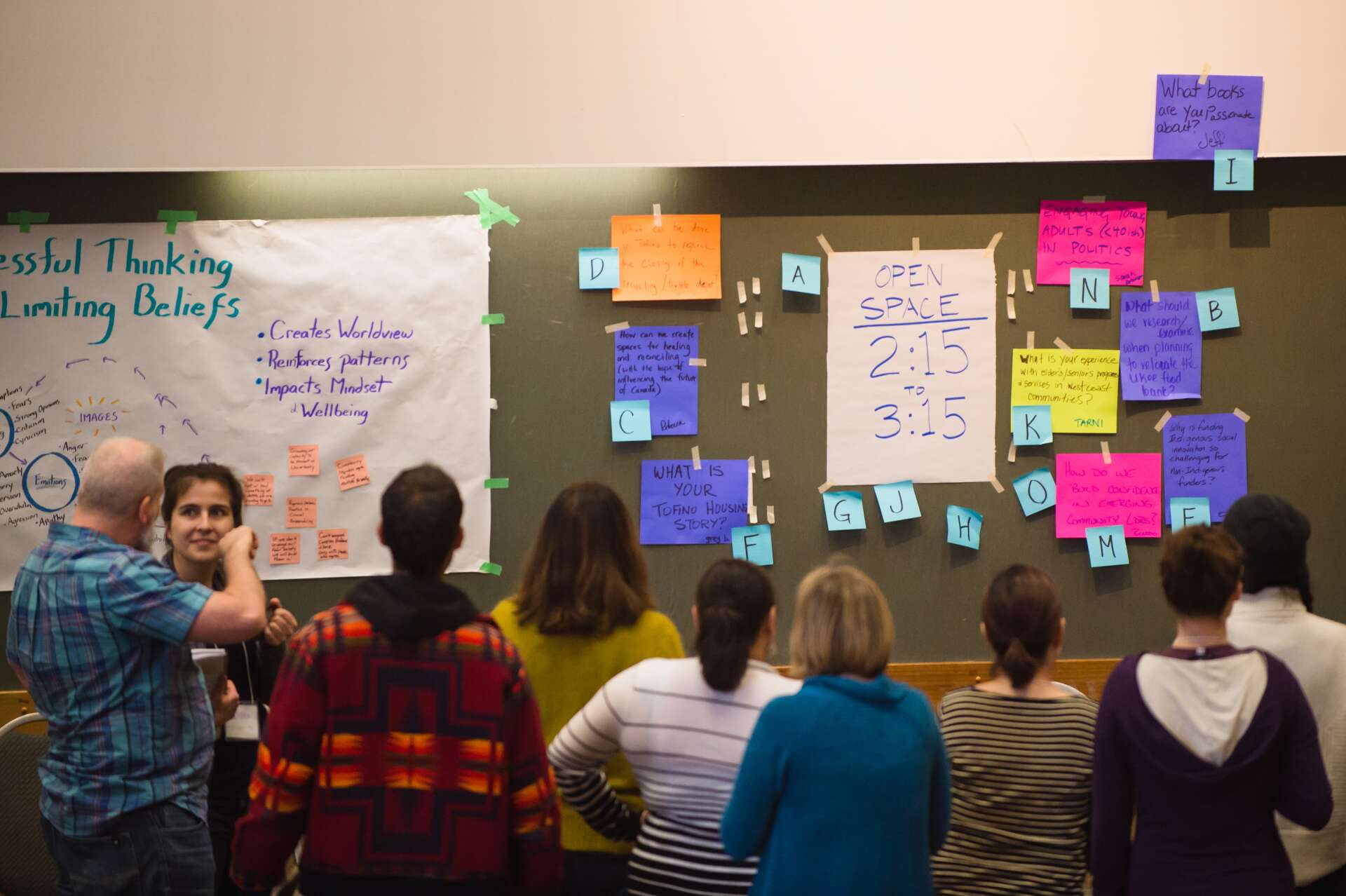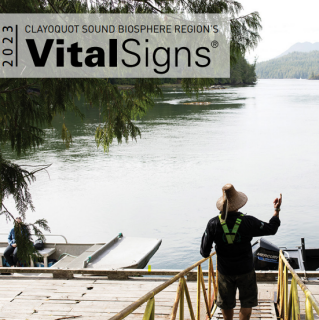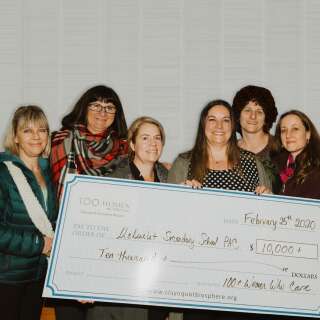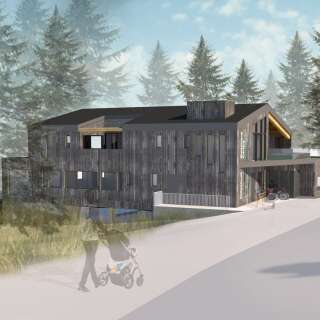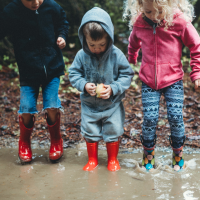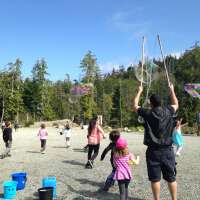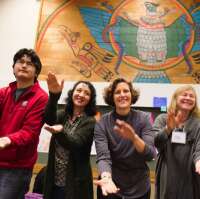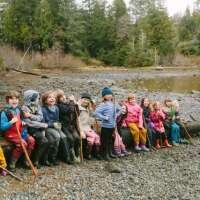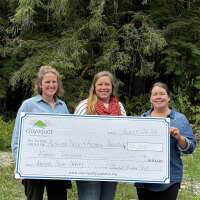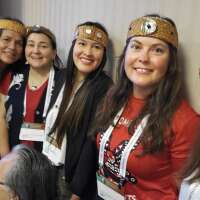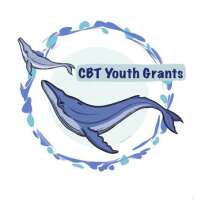This new fund supports local solutions that break down barriers to play so more children can move, create, and connect. The Clayoquot Biosphere Trust is working with 22 participating community foundations across Canada to deliver Free to Play, created by Community Foundations of Canada with support from the Waltons Trust, the Lawson Foundation, and Canadian Tire Jumpstart Charities.
Organizations can apply for funding to deliver creative programs that engage children in land-based play. Eligible applicants include registered charities or non-profit organizations, including Indigenous Governing Bodies, incorporated non-profit organizations, such as a community group, Indigenous nation/community, school board, school, or local organization registered federally or provincially.
The Clayoquot Biosphere Trust has $176 000 to allocate locally using a participatory grant-making process for the first year. We encourage organizations to apply for the amount that best fits their project needs. Taking only what you need helps ensure we can support as many strong local initiatives as possible, while still resourcing projects for success.
FUNDING REQUEST RANGE
Minimum Funding Request: $5 000
Maximum Funding Request: $50,000
THE FUND AIMS TO:
Increase opportunities for land-based play;
Reduce barriers that limit everyday outdoor play opportunities;
Contribute to the well-being, confidence, and healthy development of children in the community; and
Contribute to a long-term shift that values outdoor play as essential to childhood.
WHAT IS OUTDOOR PLAY?
Outdoor play is voluntary engagement in an activity that takes place outdoors, is fun and rewarding, and is driven by children’s own curiosity and motivation. It gives children room to explore, move, take risks, and play their own way, often alongside other children, caregivers, and community members. Caregivers and community members help create the conditions for outdoor play, but children lead the outdoor play itself.
OUTDOOR PLAY MAY INCLUDE:
Running, climbing, digging, building, splashing, rolling, imagining, pretending
Playing with natural materials like sticks, mud, water, sand, grass, or snow
Taking risks, testing ideas, and learning how to navigate challenge and uncertainty
WHY IS OUTDOOR PLAY IMPORTANT?
Outdoor play is more than fun, it’s essential for healthy childhood development.
Research shows that when children are free to explore, take risks, and use their imagination, they build confidence, resilience, and problem-solving skills that last a lifetime.
Outdoor play helps children:
Develop independence and decision-making skills.
Build physical strength and coordination through active movement.
Strengthen mental health and reduce stress.
Foster creativity, curiosity, and social connection with peers.
When children are free to play on their own terms, they don’t just grow, they thrive. And when children thrive, families and communities do too.
WHAT IS PARTICIPATORY GRANTMAKING?
The CBT is using a participatory grantmaking process for Free to Play. This means community members and applicants will help inform funding recommendations. This approach centres lived experience, increases transparency, and supports decisions.
HOW TO APPLY?
Application Walkthrough Video - Please watch the video to ensure you understand the process.
- Before you begin your application, review the Applicant Guide and the FAQs for details about the program, including eligibility and funding objectives.
- Create an account and register your organization in the application system. Please note: you do not need to fill out the full application. Registration only.
- Complete the expression of interest form here before February 24th, 2026.
Reach out to brooke@clayoquotbiosphere.org if you have any questions.
FUNDING TIMELINE
Applications open on November 28, 2025, at 9:00 am PST and close on February 24, 2026, at 5:00 pm PST.
LOCAL RESOURCES
WANT TO LEARN MORE?
